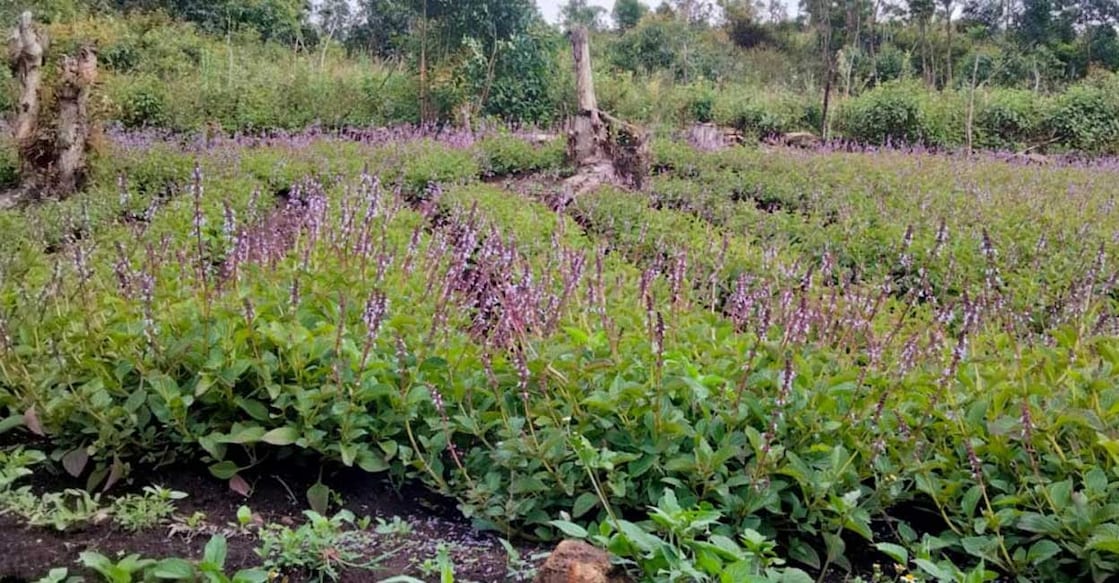A 'Chinese' revolution transforms lives in Marayoor tribal hamlets

Mail This Article
Chinese potato ( koorka), a small, stubby tuber with a flaky texture has turned it around for the people of Koodakkadkudi,Marayoor in Idukki. What used to be an obscure tribal hamlet tucked away in the remote terrains of Idukki is now dotted with concrete houses with patterned floor tiles.
Over the years, Koodakkadu has become a model tribal village known for an open market held every Thursday where buyers and even tourists mill around to purchase agricultural produce from these settlements; the most sought after being Chinese potato.
The people of tribal settlements have always been dependent on forest resources. With the intervention of the forest department, an open market ' Chilla' was introduced which enabled them to sell their produce at much higher prices, ensuring them enough to make savings. As their labour fetched good returns, more people began switching to agriculture.

The cultivation of Chinese potato is carried on as a means of livelihood in twelve tribal settlements. Before the launch of open market, middlemen would take away what was due to the tribal people.
The produce was bought from the farmers at a low price. Also, the agricultural lands inside the forest were being cultivated by outsiders under the lease system. In 2014, the forest department intervened and blocked other farmers from outside to do farming here.
The products produced by tribals are brought to 'Chilla' and auctioned by outsiders. The popularity of the open market also draws traders from Idukki, Pathanamthitta, Kottayam and Tamil Nadu. The season of Chinese potato is from November to February.

Systematic farming has brought drastic transformation to their lives. Farmers get Rs 30 to 75 per kg for the tuber crop which is auctioned under four grades. The grades include Podikoorka, standard, medium and big size.
Farmers said that they get an average of Rs 45 per kg. The crop grown in forest is bigger and tastier, they said. A tribal settlement has about 65 houses. A cultivator can have 1 to 5 acres of land. The farmers have also diversified their production. About 100 tons of Chinese potato can be produced here in a month. Chinese potato alone accounts for 600 to 700 tonnes in a season.

Apart from vegetables, cultivation of 50 different varieties of yam has also started from this year. DFO M G Vinod Kumar said that these can be brought to the Chilla open market in two years. He said that traders and tourists are now ready to buy goods at a fair price which duly rewards the efforts put in by the farmers.
'' When the Chilla open market came, we started getting good prices for everything we produce. Chinese potato and beans were auctioned at better prices and the demand increased. It is now possible to have a good house and make a decent living out of farming,'' said Kathiresan, a farmer. He used to live in a thatched hut propped up with stones. He built a new concrete house in 2021. His wife died in 2012. He raises his daughter and sends her to St. Mary's School in Marayoor
'' I could study only till class 2. My wish is to give my daughter a good education. With farming I am able to meet expenses of my daughter's education and other needs,'' he said.


